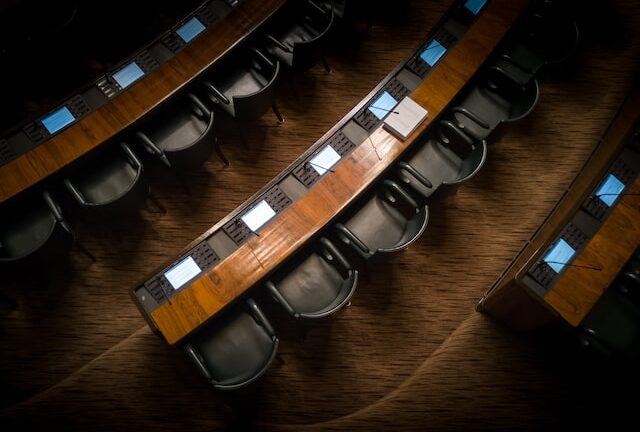The US political system has become increasingly polarized. This polarization, the nation’s deteriorating economic health, and growing global competition threaten our country’s future.
A new report from Third Way, a progressive think tank, examines the role of moderate politicians in this context. It argues that reforms are needed to give moderate voters and candidates adequate voice in the nation’s electoral and policy processes.
Moderates Are Less Polarized Than Liberals Or Conservatives.
There are many different kinds of politicians in the US political system, and moderates often play an essential role. Moderates tend to support a smaller government that provides fewer services than liberals and conservatives. They also support the idea that the government should do more to create equal opportunities for everyone. A new poll by the Third Way research center shows that these people are unique voters, and their views on key issues differ from either liberals or conservatives. They are a younger generation, more diverse and less rich than their counterparts. They also tend to be less polarized on issues, like whether high-income people should be taxed more than they are now. This is because moderates favor redistribution but think it could be done more progressively. They believe the government should create equal opportunity and not allow a few lazy people to game the system.
Moderates Are More Likely To Be In The Office.
The role of moderate politicians in the US political system is significant. They are more likely to be in office than either liberals or conservatives, which has been true since 1992. Moderates as a group etch a distinctive profile, center-left on social issues, middle of the road on economics and center-right on foreign policy. They are not “liberals in disguise” or a “mushy middle” of left-right compromise, but they are open to specific conservative appeals that few liberals would consider. Neither the Democratic nor the Republican Party have the structural advantages needed to govern effectively without moderates, but they must not write these voters off. They must find a way to alienate this substantial segment of the electorate. They must instead put in place the big-tent strategies and legislative compromises that a majority coalition requires.
Moderates Are More Responsive To The Abilities And Positions Of Candidates.
Moderates are a significant segment of the American electorate that political pundits have largely ignored. They constitute a large group that is politically crucial for both parties, but they are often portrayed as a “mushy middle” of compromises between liberal and conservative positions. One important reason for this neglect is that the United States has only two major parties, resulting in political structures that dominate these two dominant groups. This centralized structure and the majority-of-the-vote first-past-the-post system used in most elections leads to a lack of other parties with significant influence or representation at the federal and state levels. This situation has a major negative impact on politics in the US, as it makes it difficult for political parties to develop large-scale policies that a significant number of voters can adopt. To overcome this problem, it is necessary to reform the US political system so that moderates have an equal voice in policy-making.
Moderates Are Less Likely To Be In The Spotlight.
In the US political system, moderates are less likely to be in the spotlight than liberals or conservatives. They often have open minds and are less likely to discount the other side’s points of view. Despite this, they still identify as members of one or a political party. For instance, a moderate Democrat might support same-sex marriage but harsher immigration policies. In contrast, a moderate Republican might support the right of a woman to choose but harsher drug laws. Moderates aren’t tuned out or ill-informed, but they tend to be more distressed by the harshness of political debate than liberals and conservatives.




